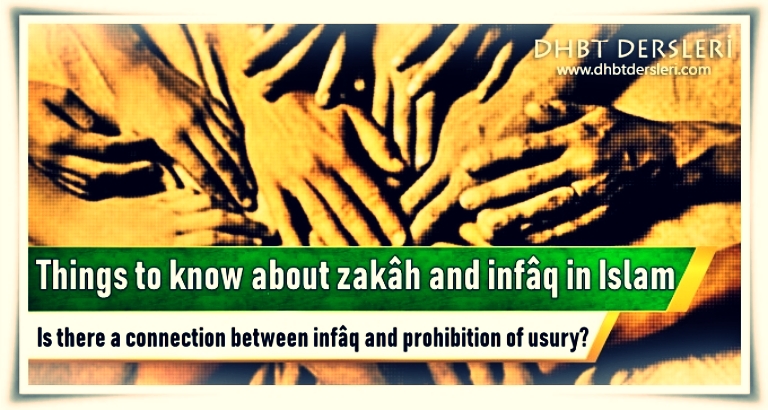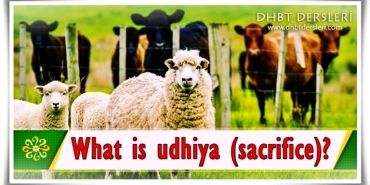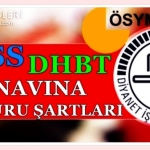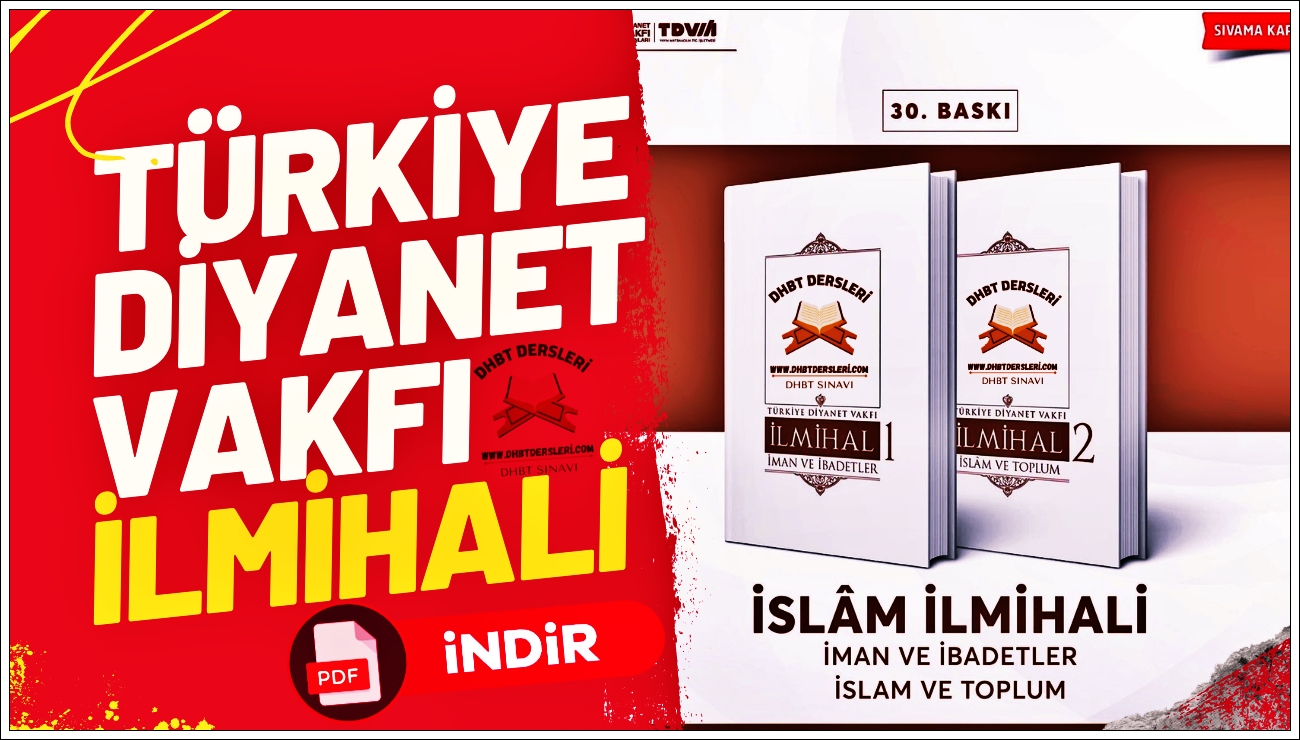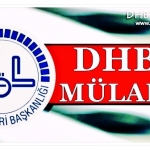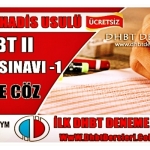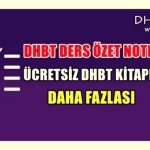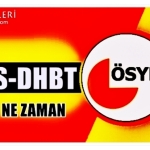The Arabic word zakâh means “purifying” and “increasing.” Alms morally purify the payer and blessedly increase (barakah) his/her wealth; hence the term zakâh. It is not for no reason that the Qur’an mentions zakâh and barakah together in over 30 âyahs. According to rational arithmetic, 40 minus 1 equals 39; however, according to faith arithmetic, 40 minus 1 equals 400.
What is Zakâh (Alms)?
Zakâh is an obligatory payment of 2.5% of one’s wealth to the needy if his/her wealth reaches and remains at a certain amount in a year. The purpose of zakâh is not just sharing with needy ones. At the same time, zakâh frees a property owner from falling into its influence. The main condition in paying zakâh is expecting neither material nor moral gain in return.
According to the Qur’an, paying alms from one’s wealth was not made obligatory to the followers of Prophet Muhammad alone. For instance, the followers of Prophet Moses were also obliged with paying alms (Baqarah 2:83).
What is infâq in İslam?
The Qur’an speaks about infâq along with zakâh. Infâq is voluntarily sharing one’s wealth, property, and any other possession with others solely for the pleasure of Allah. The root word “nafaqah” means, “consumed, completed, finished.” In the literature on religion, the term nafaqah means “sharing something beneficial with a person needing it and expecting nothing in return.” The fact that the term is used in the transitive form indicates that this act of worship would be rendered invalid unless there is a recipient party.
The Qur’an devotes ample attention to infâq and encourages believers to make infâq. For instance, in the following âyah, the Qur’an says that infâq can lead one to Paradise, while stinginess can lead one to the Hellfire:
“As for him who gives [to others] and is conscious of Allah, and believes in the truth of the ultimate good – for him shall We make easy the path towards [ultimate] ease. But as for him who is niggardly, and thinks that he is self-sufficient, and calls the ultimate good a lie for him shall We make easy the path towards hardship and what will his wealth avail him when he goes down [to his grave]?” (Layl 92:5-10)
The Qur’an presents infâq (charity) as an antidote for nifâq (hypocrisy). The Qur’an teaches believers to share both in abundance and shortage. The Qur’an clearly shows the contrast between infâq and nifâq. For instance, it speaks about hypocrites:
“Say: ‘You may spend [anything], willingly – or unwillingly, [pretending that you do it for the sake of Allah:] it shall never be accepted from you – for, verily, you are people bent on iniquity!’” (Tawbah 9:53)
In the âyah immediately after the previous one, the real obstacle preventing the acceptance of their infâq is explained: “For, only this prevents their spending from being accepted from them: they are bent on refusing to acknowledge Allah and His Apostle, and never pray without reluctance, and never spend [on righteous causes] without resentment.” (Tawbah 9:54)
In fact, giving for the sake of Allah is actually receiving from Allah, for Allah grants joy from sharing to those who give for His sake. Allah grants them an opportunity to give and to share. Sharing is a good, noble deed. Committing good deeds makes one feel good, which is the first reward for doing good. Thus, being able to do good is a reward in and of itself. Nonetheless, Allah emphasizes many times that He prepared an extraordinary reward for gooddoers.
If Allah wants you to give something, do so immediately and be unhesitant, for Allah wants to actually give, not to take. Allah wanted Prophet Abraham to give his son Ishmael; Allah not only left Ishmael with Abraham, but also gave him Isaac.
İs There a Moral Aspect To Sharing ?
The Qur’an asserts that there is. This topic is such a priority in the Qur’an that the third revealed passage speaks about it: “And do not through giving seek thyself to gain” (Muddaththir 74:6).
The following âyahs further shape and consolidate the moral aspect of infâq:
They who spend their possessions for the sake of Allah and do not thereafter mar their spending by stressing their own benevolence and hurting [the feelings of the needy] shall have their reward with their Sustainer, and no fear need they have, and neither shall they grieve. A kind word and the veiling of another’s want is better than a charitable deed followed by hurt; and Allah is self-sufficient, forbearing.” (Baqarah 2: 262-263)
There is another moral problem the revelation seeks to resolve via infâq: “fear of hunger.” Hunger itself is a natural condition, although the fear of hunger is a moral problem. While a hungry person could be fed with a piece of bread, one suffering from the fear of hunger could perhaps not be fed from all ovens in the world.
The following âyah, which is part of a passage on the moral aspect of infâq, directly addresses this issue:
“Satan threatens you with the prospect of poverty and bids you to be niggardly, whereas Allah promises you His forgiveness and bounty; and Allah is infinite, all-knowing.” (Baqarah 2:268)
The ethics of infâq include preferably concealing that something was shared with those in need:
“If you do deeds of charity openly, it is well; but if you bestow it upon the needy in secret, it will be even better for you, and it will atone for some of your bad deeds. And Allah is aware of all that you do” (Baqarah 2:271)
Is there a connection between infâq and prohibition of usury?
Interest is taking and giving nothing in return, while infâq is giving and taking nothing in return. Interest allows the wealthy to live on unearned money received from others, while infâq is when the haves share their wealth with the have-nots.
The obligatory infâq every wealthy Muslim must pay is called zakâh. The Qur’an constructs inverse proportionality between the commandment of zakâh and prohibition of interest. Because an economic system that bans interest would not be able to reach economic justice in society without mandating zakâh. Just like the prohibition of interest represents the “la ilaha” negation in the kalimah at-tawheed, the commandment of zakâh represents the “illa Allah” assertion therein. Therefore, the two cannot exist
without each other.
If one is unable to give charity in economic hardship, he/ she will not be able to do so in economic abundance. The Qur’an mentions the prohibition of interest and commandment of zakâh together (Rum 30:38-39) and the message here is clear: Strive to increase wealth in your hands not quantitatively by charging interest, but qualitatively by infâq and zakâh. Because the Arabic term “riba” (usury) does mean, “rise,” which increases the amount of wealth, yet kills its spirit, i.e. barakah. “Lively” wealth carries its owner, whereas owner carries “dead” wealth. Contrary to riba, zakâh increases wealth’s barakah, although it may look as if wealth quantity has decreased.
What is The İslam-Mandated Requirement on The Rich to Share Wealth With The Poor?
The way to understanding and comprehending the concept of infâq is paved by looking at wealth from the revelation perspective, which rests on the faith in tawheed.
The Qur’an repeatedly gives an explicit answer to the question of “Whom does wealth belong to?” — all wealth in this world belongs to Allah. Well, does not human have share of ownership over that wealth? Indeed, human does share some ownership.
However, wealth in humans’ hands is a temporary entrustment by the real owner of wealth—Allah. Because humans are created into this world not to own, but to bear witness. One needs to make wealth witness to his/her faith. This, in turn, shapes the attitude of entrustment toward wealth, not attitude of ownership.
Speaking of wealth, the Qur’an unveils two extremities. One of them is capitalism based on the concept of “absolute ownership,” while the other extremity is “financial ascetics” that shuns anything worldly wealth as sin. Communism treated wealth as not an individual property, but a collective property. From this perspective, both communism and capitalism share the same view on wealth: it is not a temporary entrustment, but a property of its owner.
Arguing whether wealth is an individual or collective property does not change the overall approach to wealth in these two systems. The Qur’an refutes doctrines of some mystic teachings that treat the world and worldly items as “sin,” “impurity” and other such negative attitudes. The Qur’an teaches believers the following prayer, which leads to balanced approach to dealing with wealth: “… O our Sustainer! Grant us good in this world and good in the life to come…” (Baqarah 2:201)
With zakâh at the cornerstone, the Qur’an provides a eloquently-worded and logically-reasoned justification for all kinds of commandments and recommendations to share wealth with others: “… So that [wealth or spoils] may not be [a benefit] going round and round among such of you as may [already] be rich…” (Hashr 59:7).
What is The Connection Between Salâh And Zakâh?
The Qur’an mentions zakâh and salâh together in tens of âyahs, for they represent the two wings of servitude to Allah. One of the wings is the human-Allah relations, while the other is human-human relations. Salâh is an act of worship, which is obviously between a human and Allah alone.
Zakâh, on the other hand, is an act of worshipping Allah taking place between and among humans only. Salâh is an expression of human’s responsibility before Allah, while zakâh is an expression of human’s responsibility before other humans.
Who is eligible to receive zakâh?
The Qur’an lists eight groups of people eligible to receive zakâh (Tawbah 9:60 and Baqarah 2:177):
1. Poor people (fuqarâ).
2. Poor people concealing their financial hardships (masâkîn).
3. Freeing people from bondage (riqâb).
4. The collectors of zakâh (‘âmilîna ‘alayhâ).
5. Non-Muslims, to win their hearts and minds (al-muallafatu qulûbihim).
6. Those whose debt exceeds available assets (ğârimîn).
7. Expenditures to be covered for the sake of Allah (fî sabilillah).
8. Homeless, unsupervised, and stranded, cash-strapped travelers (ibnu’s-sabîli).
What is Taxed With Zakâh and What is Not?
Monetary and non-monetary wealth that reaches a certain level—nisâb—is taxed with zakâh. Nisâb is an equivalent of about three ounces of gold. Because reason, knowledge, fame, arts, and health are considered non-monetary wealth, they are subject to respective “zakâhs” as well; each zakâh is paid in the form of the taxed item.
Production machinery, tools, and equipment are not subject to zakâh, because zakâh aims at preventing the property possessor from covering himself with and indulging in that property and wealth. Zakâh is taken from wealth so people do not plan to live off of wealth and not produce necessary items for society’s needs.

